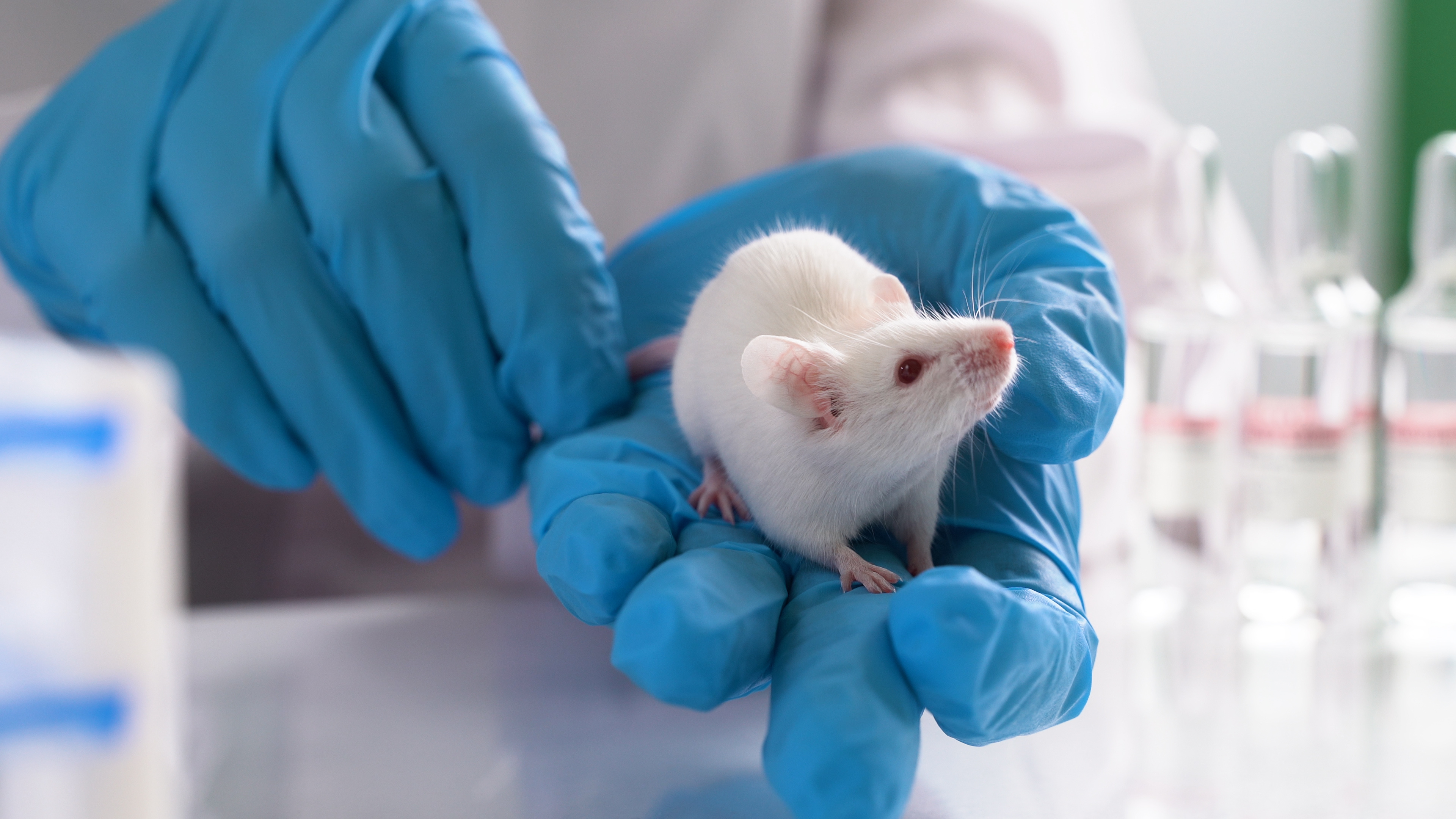Scientists have shown that a proven migraine drug called frovatriptan can help push weight loss in obese mice. They published details about the discovery in the Journal of Experimental Medicine.
A migraine drug could help with weight loss

The researchers built the study on previous investigations into the ties between serotonin and appetite. Serotonin is a chemical messenger which impacts multiple things in the body, from motor skills to your emotions. However, the impact that serotonin has on appetite is very complex. As such, scientists have been looking for ways to understand it better.
That’s how this new study came to be. Previous experiments have looked at how different drugs can target the 15 serotonin receptors that can impact appetite. But nobody had looked at how triptans affect appetite. Typically, we use triptans to treat migraines and other headaches. Now, it looks like this migraine drug could help with weight loss, too.
The scientists tested six prescription triptans on a selection of obese mice on high-fat diets for seven weeks. Two of the six drugs had no effect. However, four led the mice to eat less food. As noted above, one particular migraine drug was especially effective, leading to an average weight loss of 3.6 percent body weight when administered daily for 24 days.
Impressive impact

The impact that this migraine drug has had on weight loss in mice is intriguing for sure. After seeing those initial results, the researchers engineered mice so that they would lack the Htr1b receptor responsible for impacting appetite. When these mice were given frovatriptan, they found that the mice were no longer affected by the drug.
In those mice, the migraine drug no longer caused any kind of weight loss. As such, it does appear that the drug’s impact on that particular receptor is a key part of how it suppresses appetite. Additionally, the researchers also pinpointed the neurons in the brain that are critical to how the receptor regulates appetite.
This could lead to even more improvements and options down the line for weight loss drugs. Chen Liu, one of the leaders of the study, says that the data proves that migraine drugs like frovatriptan can be used to promote weight loss. By suppressing their appetite, it helped obese mice eat less, thus driving their body weight down.
If the drug reacts similarly in humans, it could prove an effective option for people struggling to keep their weight in check.
Related coverage: Puzzling changes were discovered in the brains of people who suffer from migraines.








